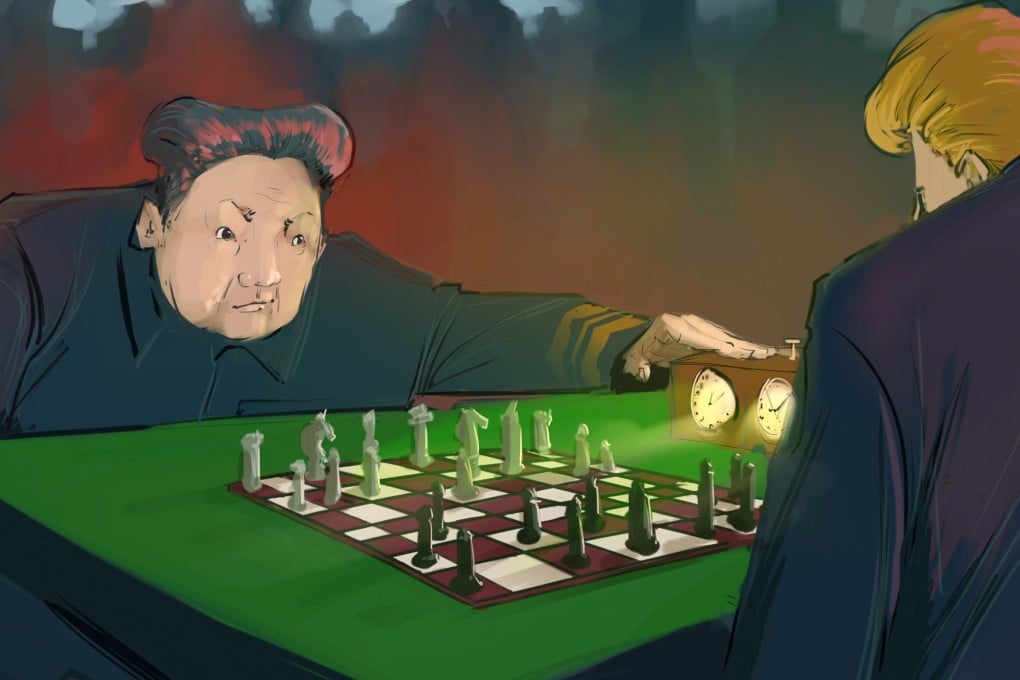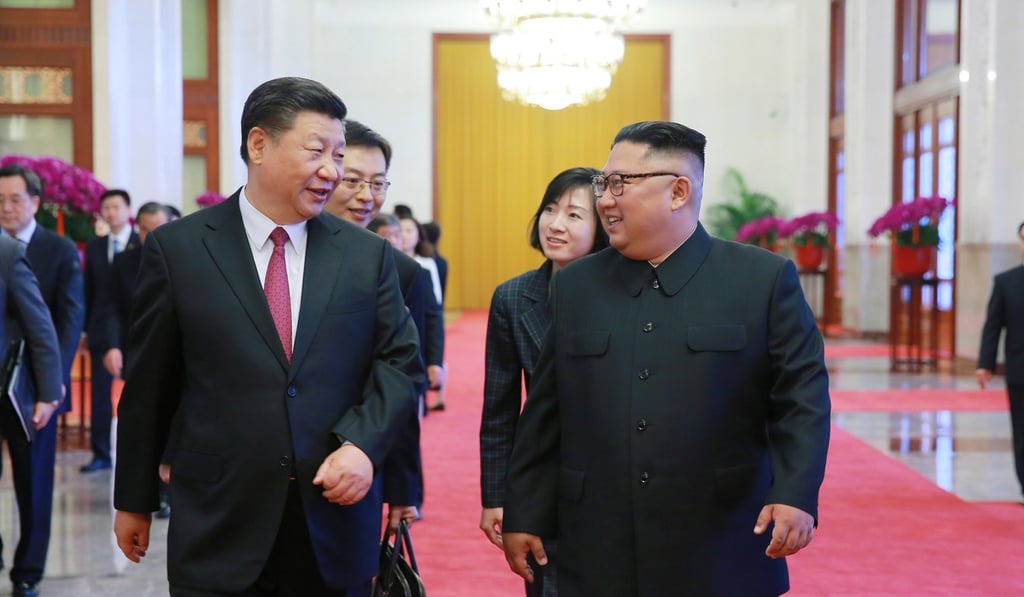Opinion | Kim Jong-un threatens ‘a new path’ if negotiations don’t work: should the US be worried?
- Lee Seong-hyon says North Korea’s leader needs to produce economic results and sees diplomacy as a way of getting them, with or without US cooperation

Kim this time said that working towards “complete denuclearisation” is an “unchanged stance” of his nation and “my resolute will”. He said North Korea had already declared that it “no longer produces, tests and uses nuclear weapons” and has taken practical steps accordingly.
“If the US responds with trustworthy corresponding actions, the relationship between the two nations will progress in a significant and speedier manner,” he said.
The annual New Year speech by Kim is the North Korean version of the US State of the Union address. It is the nation’s most authoritative policy blueprint for the coming year. As such, it is keenly watched by the outside world to get a sense of North Korea’s policy direction, especially concerning its nuclear programmes.

